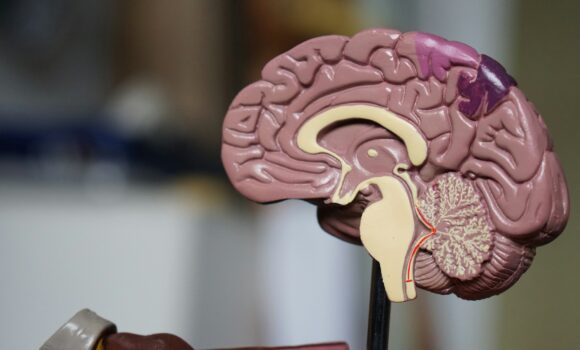Secondary Brain Conditions after a Motor Vehicle Crash

Understanding the Long-Term Impact of a Brain Injury
A traumatic brain injury (TBI) occurs as a result of a sudden blow or jolt to the head; usually, these types of injuries are seen in vehicular accidents, assaults, and sports. What many fail to realize is that in addition to the initial brain injury, secondary issues can occur. Here’s what you should know.
What are Secondary Brain Conditions?
A secondary brain condition is a residual response to the original TBI. After sustaining a TBI, the body has an inflammatory response that causes extra fluid and nutrients to accumulate in the brain as part of the healing process. While this response helps other areas of the body, it can cause more damage to the brain.
Increased pressure and swelling in the brain may cause an injury to an area that was not previously affected. Swelling can be delayed and may happen gradually, up to five days or more after the initial injury occurred.
What are the Symptoms?
A patient’s symptoms will vary based on where the swelling is localized, but typical symptoms include:
- Loss of consciousness
- Amnesia
- Fatigue
- Headaches and poor vision
- Loss of balance
- Mood swings and emotional disturbances
- Seizures
- Vomiting
The severity of these symptoms is directly linked to how the original brain injury was classified. There are three classifications according to the severity:
- Mild – The patient is functional, and the symptoms are mild. Typically their symptoms may include confusion, memory loss, headaches, etc. A concussion is considered a mild form of a TBI.
- Moderate – Moderate injuries will cause brain bleeding/swelling, but the patient is still responsive.
- Severe – The patient is unconscious and unresponsive for more than 6 hours. Even with the stimulation, they cannot be aroused.
The classification of the brain injury is key to deciding on a treatment. Most brain injuries will affect a combination of brain areas, especially if a secondary brain injury occurs.
Long-Term Complications of Severe TBIs
Suffering a traumatic brain injury may mean living with long-term problems such as:
- Sensitivity to light
- Visual problems
- Chronic fatigue
- Seizures
- Sleep difficulties
- Lack of concentration
- Depression and anxiety
- Aggression or personality changes
When You Need Help After Suffering a Brain Injury
Brain injuries are severe and can be life-threatening. Head injuries are common in motor vehicle crashes, especially if the passenger/driver is not wearing a seat belt or the airbag does not deploy. Even still, if you have been in a crash, you should seek medical attention right away. Because symptoms of brain injuries may be delayed days after the injury, such as swelling or headaches, it is essential to seek medical attention immediately after your accident — even if you feel “fine.”
Serious injuries need strong attorneys. If you have suffered severe injuries due to the negligent actions of another party, we are here to be your advocate when you need us. We’ll work tirelessly to ensure you receive the most successful outcome possible.
Contact today at (417) 887-4300. For challenging legal matters, we are here for you every step of the way.
Tell Us About Your Case
Contact us today at (417) 887-4300 or online to arrange your free case evaluation. Our Experienced Trial Attorneys will walk you through your legal options.


